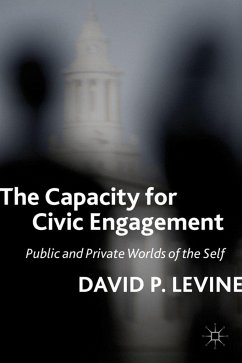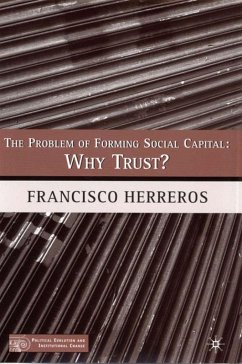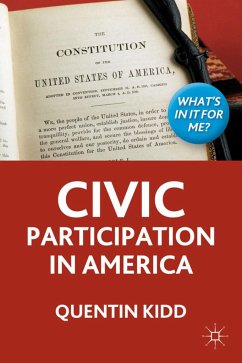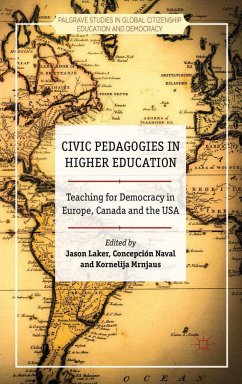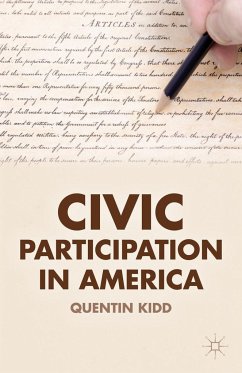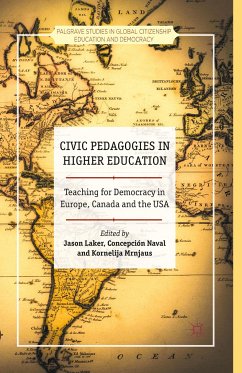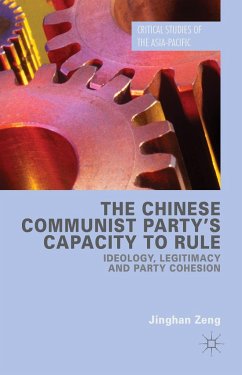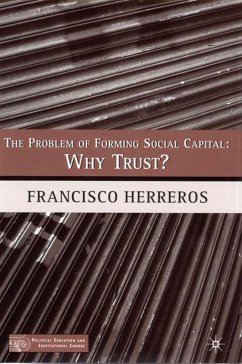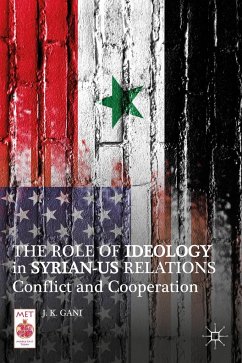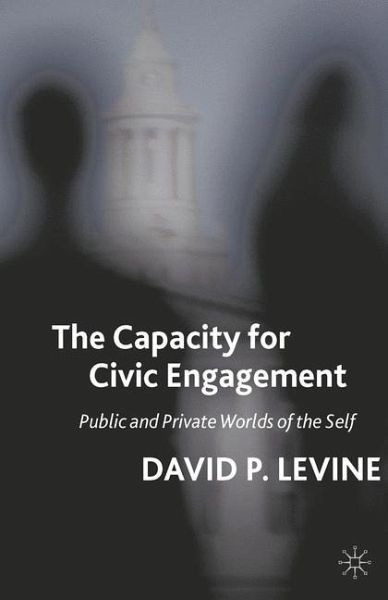
The Capacity for Civic Engagement
Public and Private Worlds of the Self
Versandkostenfrei!
Versandfertig in 6-10 Tagen
38,99 €
inkl. MwSt.
Weitere Ausgaben:

PAYBACK Punkte
19 °P sammeln!
How do we form a connection to the ideals and institutions of public life? This connection is sometimes expressed in the language of civic engagement, public service, and commitment to the public good. While we do not lack for literature to guide us in thinking about public life, we have less to call on when our problem is not only to explore public ideals and institutions, but also to consider the nature and origin of our capacity to make a connection with and find meaning in those institutions and ideals. Levine explores the nature and origin of this capacity to form a connection and find me...
How do we form a connection to the ideals and institutions of public life? This connection is sometimes expressed in the language of civic engagement, public service, and commitment to the public good. While we do not lack for literature to guide us in thinking about public life, we have less to call on when our problem is not only to explore public ideals and institutions, but also to consider the nature and origin of our capacity to make a connection with and find meaning in those institutions and ideals. Levine explores the nature and origin of this capacity to form a connection and find meaning.





